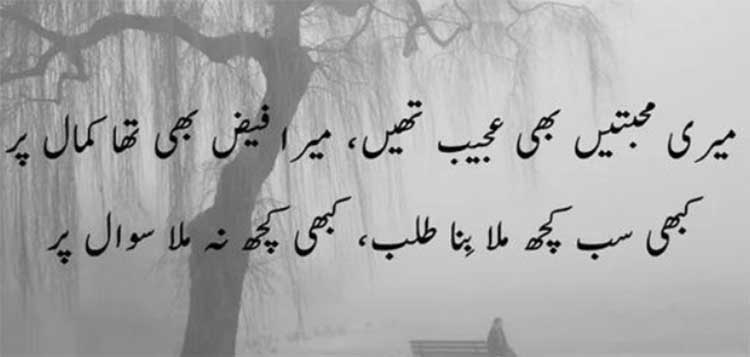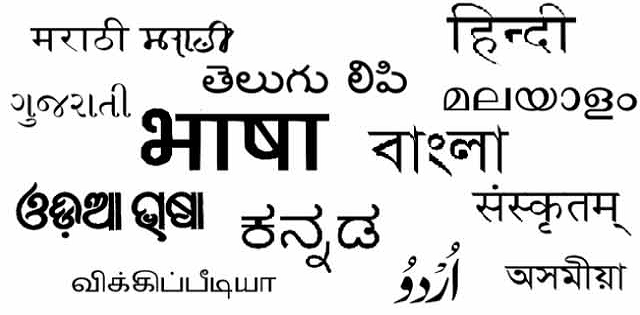
Not long ago, streets and roads of primary importance in significant parts of Delhi were subjected to a rampant, incessant renaming spree. The Akbar Road, for instance, an iconic road in Central Delhi was renamed Maharana Pratap road overnight. The given reason- the inglorious past of the Mughal and British figures in comparison with the shining history of the Hindu figures.
What began as a single incident soon converted itself into a fanatical renaming cycle, noticeably Muslim figures being renamed and misplaced with iconic figures of the Hindu past- another change that swept in smoothly in the wave of the rising Hindu nationalistic vein of the country.
The past few years have seen unrestrained Islamophobia all around the world. Simmons Anti-Racism Research Guide defines Islamophobia as ‘the irrational fear of, discrimination against, and antagonism towards Muslims simply for being Muslims.’
The extremely unfortunate 9/11, the growth of terrorist bodies (and their vacuous association with Islam) among many other factors have lead to a continual augmentation of fatuous hatred/violence/discrimination towards the Muslim community. The effect of this, along with the many evils like intolerance has been directly and strikingly felt on the language that has long been associated with the community- Urdu. Ather Farouqui, in his article dated 2002, writes that the ‘problems of the Urdu language and education are closely linked with the problems of Muslims because Urdu has virtually been associated with Muslims since the Hindu revivalist movement of the late 19th century. …. Since independence, the community has been in double jeopardy in linguistic terms. Its language has been facing an eclipse.’
The ‘eclipse’ of the language that Farouqui talks about in 2002 has, almost two decades later, not just seen a rapid dwindling but has in fact experienced an overthrow, by the bird-headed politicization, mindless demonization and pseudo nationalism.
Replacing Persian as the official language of India in 1832, Urdu shares with its estranged sister, Hindi an Indo-Aryan base. Evolving from Farsi and Arabic contact, Urdu developed more decisively during the Delhi Sultanate (1206-1526) and the Mughal Sultanate (1526-1828) (Laal Waaz)
Urdu was employed for a definitive Islamic identity under the British rule, who found it convenient and work-able to divide the masses into distinctive groups with internalized tensions brewing between them, a direct co-relative of an easy and effective ruling policy.
Urdu being seen as a symbol of religious identity compounded with the fact that it became the official in-use language of Pakistan, the embittered fallen brother for millions of Indians, Urdu became an accessible point to unleash unbridled hatred against the community that has obtusely been associated with all kinds of villainy.
Syed L Husain writes ‘It is a pernicious fallacy to attribute religion to any language.’ The attribution and connection of languages with cultures have long been spoken about, for and contested against and still remains a point of heated disagreements between scholars of the same.
Sada Ambalvi (Rajinder Pal Singh), a popular Urdu and Punjabi poet, beautifully captures the same in the lines,
apnī urdu to mohabbat kī zabāñ thī pyāre
ab siyāsat ne use joḌ diyā maz.hab se
With more than a 100 million native speakers of Urdu, with over 50 million in India itself, it is loathsome to be even talking about the disgruntled targeting of a language whose ‘rich literature and lore is a treasure house of the noblest thoughts on life’s mysteries.’ (M.N Venkatachaliah)
Venkatachaliah calls the language ‘a culture and civilization in itself’.
The pain of losing Urdu, and its struggle to breath has long been a matter of pressing concern for scholars, authors and people around the world, who believe that there is an urgent need to ‘restore Urdu to its pristine glory’
Syed Shahabuddin writes ‘Urdu qualification Is not a marketable commodity; it is a certificate of unemployability.’
Such is the dire condition of the language and its persecution that this wonder-house of some of the richest repositories of literature, the abode of the ghazals and the nazms, is not even given a place in the ‘consumer-ist’ world.
The attempts to exterminate and erase communities and societies have for long used language as their chauffeur for the annihilation, for they are aware that ‘language is the armor of the human mind and at once contains the trophies of its past and the weapons of its future conquests.’ (Samuel Taylor Coleridge)
Urdu has deplorably been subjected to, along with countless number of people, societies and institutions, a nasty demonization, the human society reaching the worst of the worst bases; besieging the subliminal language, stripping it ruthlessly of all its glory and delight, in the weak-minded politicization and pseudo nationalism.
If revered Urdu poet Dagh Dehlvi (1831-1905) would have been a spectator of the present times, we wouldn’t have had the magnificent beauty of the lines,
اردو ہے جس کا نام ہمیں جانتے ہیں داغؔ
ہندوستاں میں دھوم ہماری زباں کی ہے
Translated
urdu hai jis kā naam hamīñ jānte haiñ ‘dāġh’
hindostāñ meñ dhuum hamārī zabāñ kī hai
Mahima Kaur is a writer and researcher.
GET COUNTERCURRENTS DAILY NEWSLETTER STRAIGHT TO YOUR INBOX












































